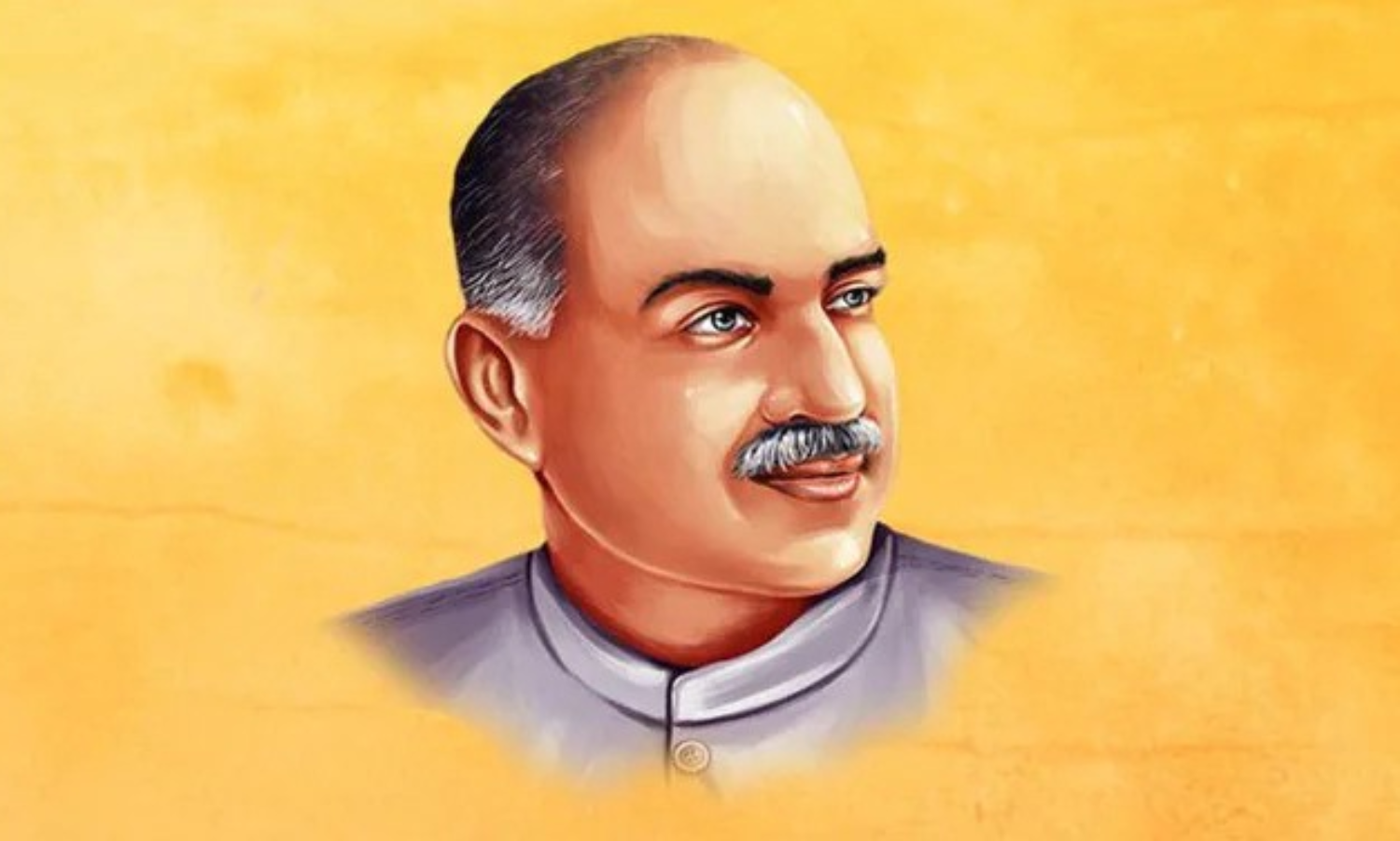####Special Tribute on the Birth Anniversary of Pandit Dr. Shyama Prasad Mukherjee (July 6)
— By Vasudev Devnani

Pandit Dr. Shyama Prasad Mukherjee remains one of India’s most revered leaders whose vision, ideals, and sacrifice continue to shape the nation’s path. He was not just a freedom fighter, but also an exceptional educationist, nationalist thinker, and political reformer. His unwavering commitment to India’s unity and sovereignty has left an indelible imprint on the country’s political and cultural landscape.
<br /><img src="http://www.pressnote.in/upload/516633A.jpg" style="max-width:400px; padding:5px;" align="left"><br />
Dr. Mukherjee firmly believed that national progress could be achieved only through unity, education, and a deep connection to India’s civilizational values. His thoughts on democracy, cultural nationalism, self-reliance, and equal rights for all continue to inspire millions. As a staunch nationalist, he laid the foundation for an alternative political narrative in India—one rooted in Indian thought and identity.
Early Life and Academic Brilliance
Born on July 6, 1901, in Kolkata (then Calcutta), Dr. Mukherjee came from an illustrious family. His father, Sir Ashutosh Mukherjee, was a renowned educationist and Vice Chancellor of Calcutta University. Inspired by his father’s legacy, Shyama Prasad excelled academically, earning a Master’s degree in English and later becoming a barrister from Lincoln’s Inn in England.
Incredibly, at the young age of 33, he was appointed as the Vice Chancellor of Calcutta University—the youngest to ever hold the post. During his tenure, he brought reforms that emphasized Indian culture, heritage, and national consciousness in education, transforming the university into a hub of intellectual nationalism during British rule.
Public Life and Ministerial Role
After India’s independence, Dr. Mukherjee served as the country’s first Industry Minister in Jawaharlal Nehru’s cabinet. He laid the groundwork for India’s industrial development and envisioned a self-reliant economy led by indigenous industries. However, ideological differences—particularly over the Nehru-Liaqat Pact—led to his resignation. He believed that the agreement did not protect the interests of Hindus in Pakistan and thus compromised national integrity.
Founding of the Bharatiya Jana Sangh
On October 21, 1951, Dr. Mukherjee established the Bharatiya Jana Sangh, providing a nationalist ideological alternative to the Congress. With Pandit Deendayal Upadhyaya as his closest associate, the party emphasized India’s cultural roots, economic self-sufficiency, and national unity. Though the Jana Sangh won only three seats in the first general elections of 1952, it sparked a powerful political shift that eventually evolved into the Bharatiya Janata Party (BJP) in 1980.
Struggle for Jammu and Kashmir
Dr. Mukherjee’s most defining and courageous stand was on the issue of Jammu and Kashmir. He strongly opposed the special status granted to the state under Article 370, arguing that India must be one nation with one constitution, one flag, and one head. His slogan—“Ek desh mein do Vidhan, do Pradhan, aur do Nishan nahi chalenge”—echoed across the nation.
In 1953, defying the permit system enforced by the then Kashmir government, he attempted to enter Jammu and Kashmir to protest the special status. He was arrested and later died under mysterious circumstances while in custody. His untimely death sparked a wave of national outrage and turned the Kashmir issue into a subject of national discourse.
Article 370 and His Enduring Legacy
More than six decades after his sacrifice, his dream was realized on August 5, 2019, when the Government of India, led by Prime Minister Narendra Modi, abrogated Article 370. This historic step integrated Jammu and Kashmir fully into the Indian Union, fulfilling Dr. Mukherjee’s long-standing demand and honoring his ultimate sacrifice.
The revocation of Article 370 marked a new beginning for the region, bringing equality, new opportunities, and a unified legal and administrative framework in line with the rest of India.
A Legacy That Lives On
Dr. Mukherjee’s ideals continue to guide India’s political discourse. The Bharatiya Jana Sangh, which he founded, laid the foundation for the Bharatiya Janata Party, which today holds his ideology as its core. His philosophy of nation first and rejection of personal gain in pursuit of national interest set a benchmark for political leadership.
In his memory, numerous institutions and schemes have been named after him, including the Dr. Shyama Prasad Mukherjee Port in Kolkata, Dr. Shyama Prasad Mukherjee University in Jharkhand, and various employment and development schemes.
Educational Reforms and Tribute
During my tenure as the School Education Minister of Rajasthan, I felt it was crucial to introduce young minds to the values and contributions of national icons like Dr. Mukherjee. Accordingly, we incorporated dedicated chapters in school textbooks about great Indian thinkers and leaders—including a separate chapter on Dr. Shyama Prasad Mukherjee. Our goal was to instill patriotism, cultural pride, and awareness among students about the sacrifices and visions that shaped modern India.
Conclusion
Dr. Shyama Prasad Mukherjee’s life stands as a beacon of dedication, courage, and national pride. His ideals remain relevant and vital as India continues its journey toward becoming a strong, unified, and self-reliant nation. On his birth anniversary, we pay heartfelt tribute to his legacy—an unwavering commitment to one nation, one people, one destiny.
साभार :
© CopyRight Pressnote.in | A Avid Web Solutions Venture.






